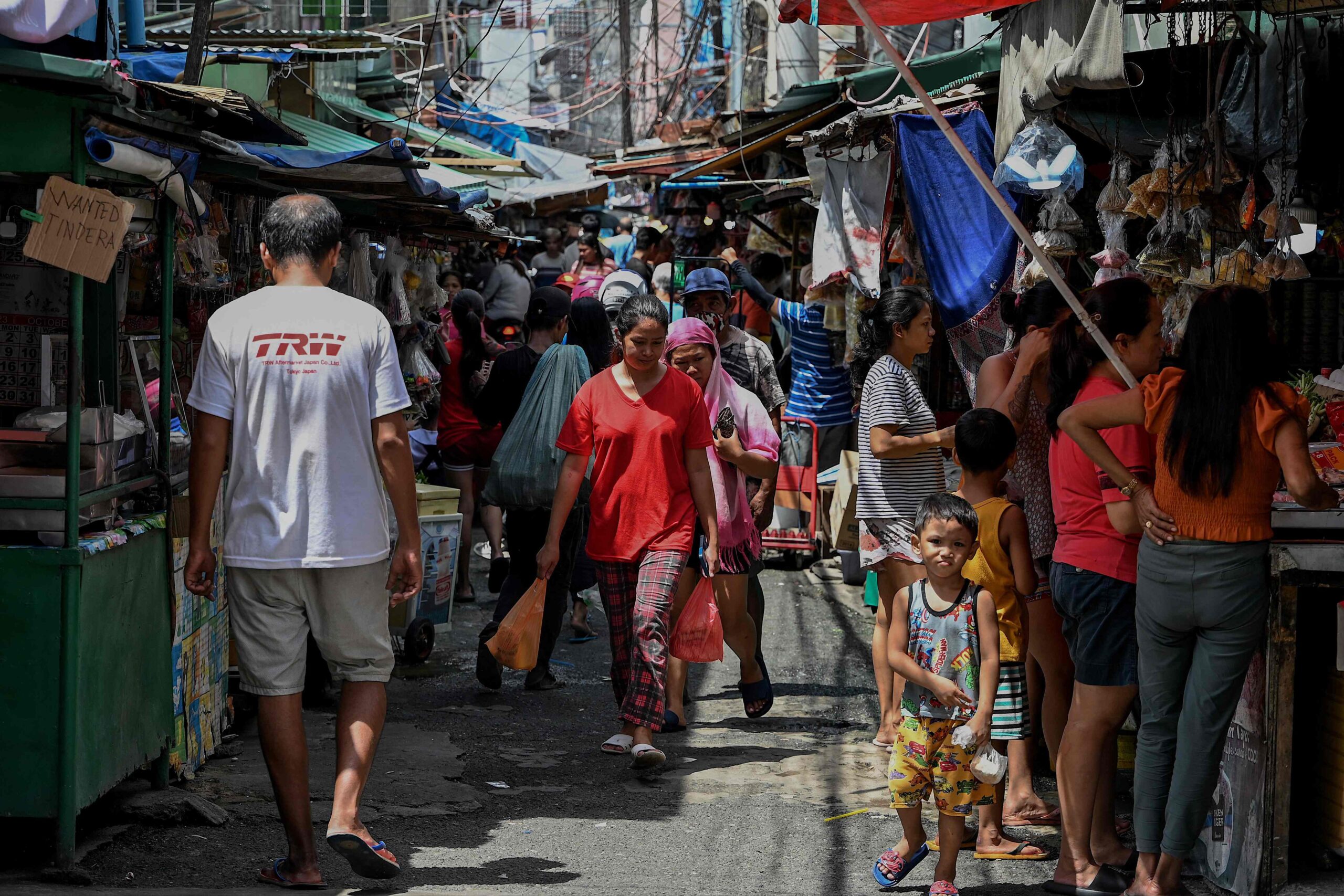Manila (AFP) – High food prices in the Philippines have pushed inflation to a five-month peak, officials said yesterday, increasing pressure on the government to stop the country’s neediest going hungry.
Farming subsidies and food stamps for the poor are among government efforts to rein in or mitigate price increases, which have dented the popularity of President Ferdinand Marcos Jr.
“The government is committed to providing targeted assistance to affected vulnerable segments of the population while food prices remain elevated,” Economic Planning Secretary Arsenio Balisacan said in a statement announcing last month’s consumer prices data.
The inflation rate of 6.1 per cent was up from 5.3 per cent a month earlier. Last month Marcos put a controversial price cap on rice, a national staple, to support poor households. He lifted the price controls on Wednesday, saying the ongoing harvest was easing pressure on supply.
Balisacan cited a food stamps programme launched last week, the country’s first, that provides PHP3,000 (USD53) a month for select “food poor” households, as well as families with pregnant women or nursing mothers.
He said the government was also giving a PHP10,000-peso cash subsidy to 78,000 farmers, a separate 5,000-peso financial aid to rice farmers and fuel subsidies to more than 74,000 public utility vehicles.
Rizal Commercial Banking Corp Chief Economist Michael Ricafort said increasing inflation was particularly linked to rice prices, crop damage from typhoons earlier this year and a weakening peso that hiked import prices.







